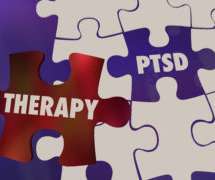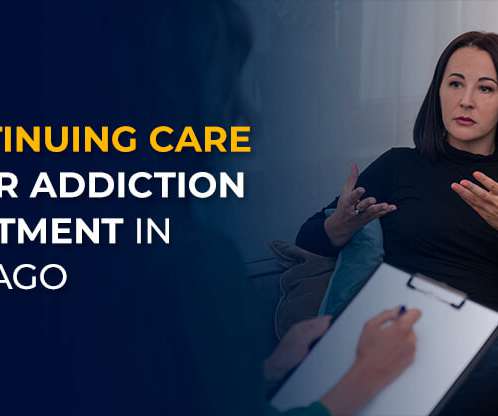How to Cope with PTSD
Psychological Health Care
AUGUST 6, 2024
Post Traumatic Stress Disorder, or PTSD, is the most common mental health disorder after depression. In fact, any experience of trauma, whether physical or mental, can contribute to the development of PTSD and other mental health challenges such as depression and anxiety disorders, alcohol and substance abuse and other self-harm behaviours.












Let's personalize your content